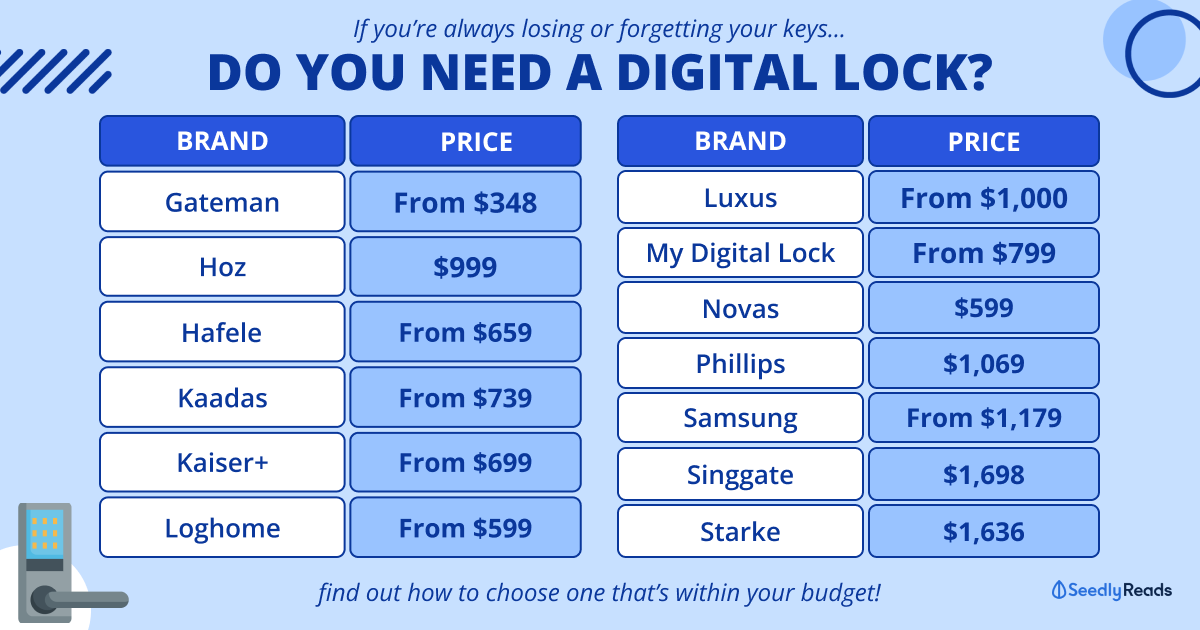Advertisement
Anonymous
What are the pros and cons of ILPs?
Could someone explain the pros and cons of ILPs? Why should someone get an ILP, and why should someone stay away from it?
3
Discussion (3)
Learn how to style your text
Elijah Lee
25 Jul 2021
Senior Financial Services Manager at Phillip Securities (Jurong East)
Reply
Save
Cant think of any pro. I tell you roughly how ILP normally works maybe you can discover a gem?
Your money is used to purchase unit trust, then the unit trust is used to pay the premium. Meaning, they may deduct from your portfolio regardless of market condition,even if market down. You loss holding power.
Usually as you grow older your premium will get higher, can your investment keep up with the premium? If not your portfolio will become depreciating.
the unit trust, u exposed to are restricted. different insurance company will have their own internal fund.
usually when you just buy. 1st year 15% of premium will be use to buy the UT, 2nd year 30%, then 50% , 4th year normally the premium you paid will then 100% invested. First few years, you are paying the agent salary.
You need to understand, insurance companies earn $$$ by selling you product. They need to come out with creative package to entice people to buy from them.
They know people want to invest, but have 0 knoweldge, so they come out with ILP. Investment + insurance sound nice. People are afraid of lossing $$$, so they give you a guaranteed 2%+ endownment plan. People want retirement buy dont know how, so they come out with retirement plan....etc
Reply
Save
Tan Choong Hwee
Edited 25 Jul 2021
Investor/Trader at Home
Pros:
- Accessible to some institutional class funds not available to retail investors.
- Some ILPs...
Read 1 other comments with a Seedly account
You will also enjoy exclusive benefits and get access to members only features.
Sign up or login with an email here
Write your thoughts
Related Articles
Related Posts
Related Posts
Advertisement










Hi anon,
If you want to invest, just invest directly. If you want to insure, just insure with traditional policies like term or whole life.
For ILPs that have a protection feature, you have to pay the cost of insurance, which is guaranteed to increase exponentially over time. On the other hand, investment returns are non-guaranteed, and certainly not exponential. With the cost of insurance being deducted from your investments, you can probably figure out what happens as you age. I can't comment too much.
For ILPs that are purely for investment, most of them have a lock in period of some sort. Failing to adhere to the minimum lock in period will often lead to severe surrender penalties. Also, you have to be aware of the fees involved with such ILPs, which are over and above the fund level fees (i.e., policy level fees), such fees will erode whatever returns you have, include any 'start up bonus'
Having access to institutional funds via an ILP is not necessarily a good thing too; they are institutional funds for a reason. Not everyone is suited to invest in funds that employ riskier techniques to grow wealth. Sometimes, sticking to mass market funds may still net you a decent return, without unduly increased risk.